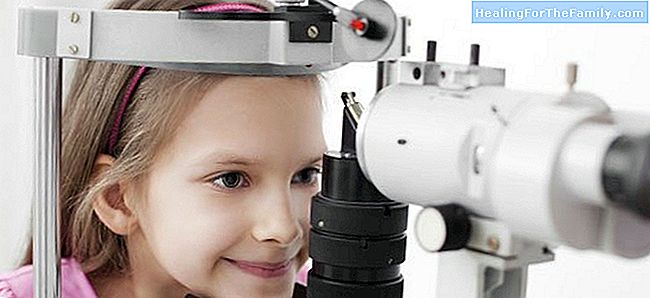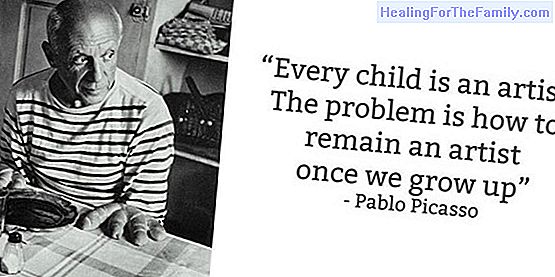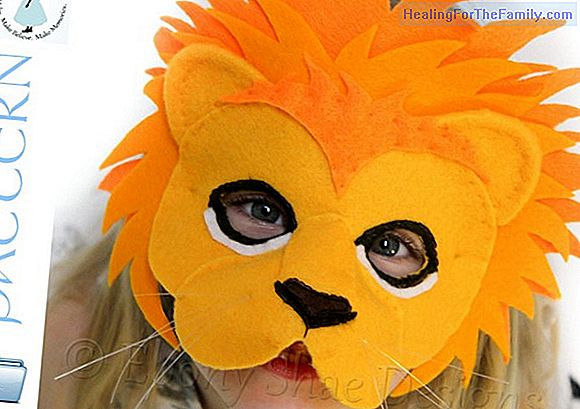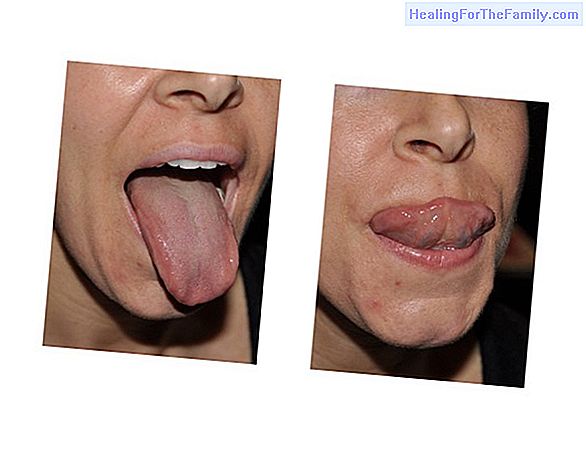Congenital cataracts in children
Unlike most cataracts, which appear with age, congenital cataracts are present from birth. Congenital cataracts are not very common. In fact, in most patients a cause can not be found. They are usually detected in a review with the ophthalmologist. What is congenital cataract and what are the sympto
Unlike most cataracts, which appear with age, congenital cataracts are present from birth. Congenital cataracts are not very common. In fact, in most patients a cause can not be found. They are usually detected in a review with the ophthalmologist.
What is congenital cataract and what are the symptoms in childhood

A congenital cataract is the opacity of the lens of the eye that is present at birth. The lens of the eye is a transparent structure, which focuses the light received by the eye on the retina.
What are the symptoms of congenital cataracts? Congenital cataracts generally look different from other forms of cataracts. Among the symptoms are:
1. Inability of a baby to show visual awareness of the world around it (if cataracts are in both eyes)
2. Nystagmus (rapid and unusual eye movements)
3. Gray or white opacity of the pupil
Diagnosis, prevention and treatment of congenital cataracts in children
Congenital cataracts are diagnosed by a complete ophthalmological examination. The explanation of a possible cause may require an examination by a pediatrician experienced in hereditary disorders, as well as possible blood tests or x-rays.
In some cases, congenital cataracts are mild and do not affect vision, these cases do not require treatment. Cataracts that range from moderate to severe and that affect vision will require cataract removal surgery, followed by the placement of an artificial intraocular lens. It may be necessary to place a patch to force the child to use the weaker eye in order to prevent amblyopia or lazy eye.
In the treatment is not always put intraocular lens first, sometimes the contact lens is adapted and when the eye is more mature an intraocular lens is implanted in a second time.
But can congenital cataracts be prevented? If there is a family history of hereditary disorders in your family that could cause congenital cataracts, do not forget to visit an ophthalmologist to review your case.
Article written by Dr Jorge Torres, Specialist in ophthalmology at Clínica Novovisión












